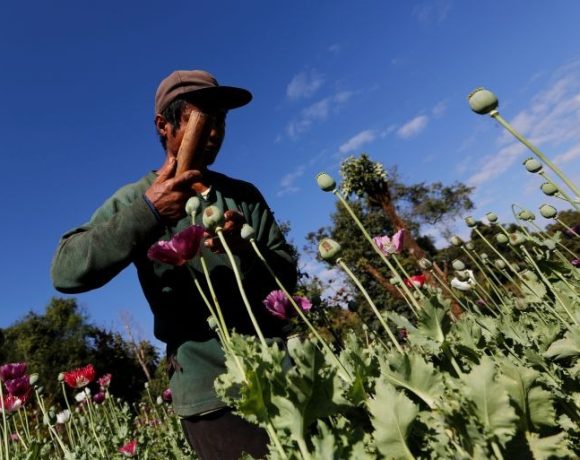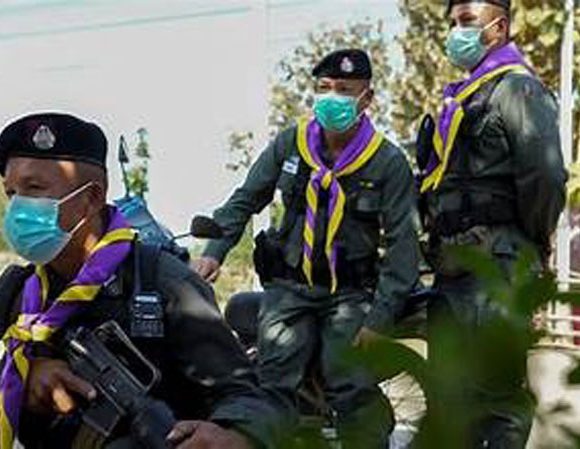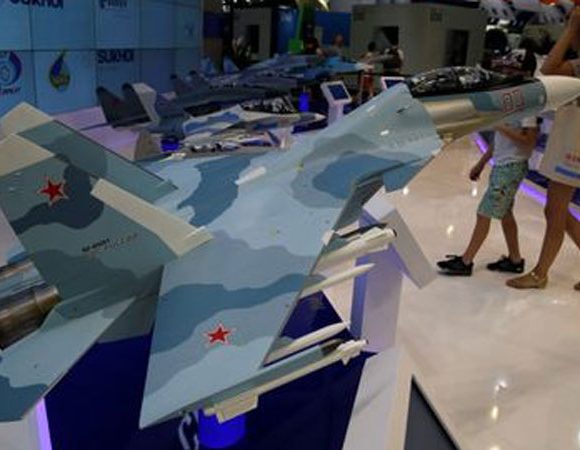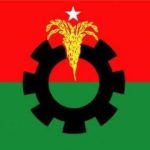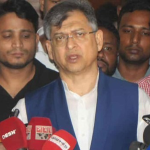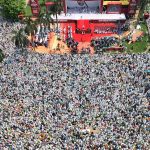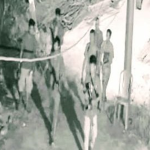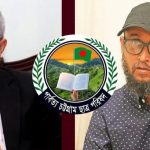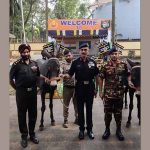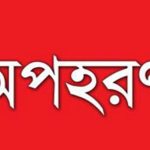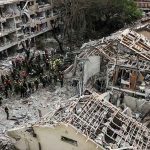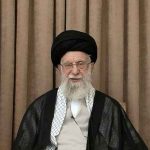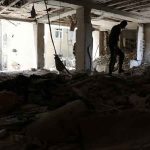Myanmar junta’s planned election to be contested by 63 parties
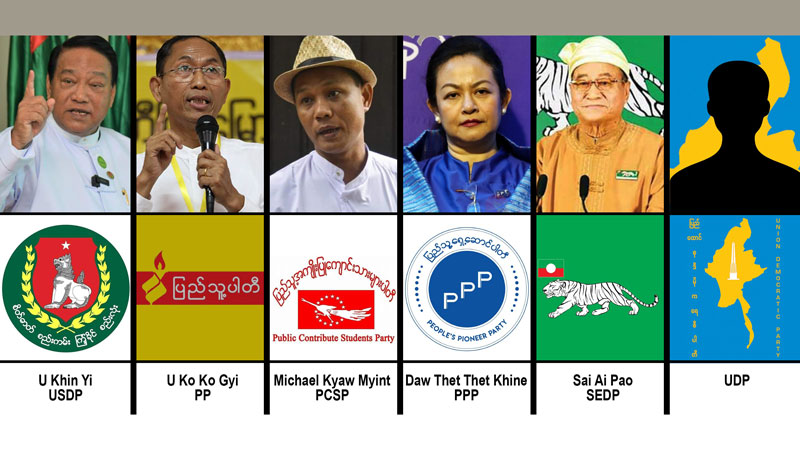
Myanmar’s military regime has dissolved 40 political parties including the National League for Democracy (NLD) and the Shan Nationalities League for Democracy (SNLD) for refusing to re-register under its tough new Political Parties Registration Law. However, 63 other parties will follow the road map of the junta despite its atrocities against its own people, The Irrawaddy reports.
The junta’s Union Election Commission (UEC) hasn’t announced which parties will contest nationally or regionally. However, The Irrawaddy has learned that as of Friday 12 out of 63 are believed to be preparing to contest nationwide, while the rest will contest their respective regions and states.
The following is a breakdown of the 63 parties based on The Irrawaddy’s findings.
Parties contesting nationally
Under the junta-drafted Political Parties Registration Law, national parties are required to recruit at least 100,000 members within 90 days of registration, open offices in at least half of the country’s 330 townships within six months and contest at least half of all constituencies in Myanmar. Observers say that only parties with ties to the military regime can operate under such restrictions.
Based on The Irrawaddy’s findings, the Myanmar military’s proxy Union Solidarity and Development Party (USDP), the National Unity Party (NUP), Union Democracy Party (UDP), Public Contribute Students Party (PCSP), People’s Party (PP), Shan and Ethnic Democratic Party (SEDP), Democratic Party of National Politics (DNP), People’s Pioneer Party (PPP), Myanmar Farmers Development Party (MFDP), Union Peace and Unity Party (UPUP), National Interests Development Party and National Democratic Force (NDF) are likely to contest national elections.

The USDP, NUP and DNP are led by ex-generals. While many parties are struggling to survive, USDP chairman former brigadier general U Khin Yi, one of coup leader Senior General Min Aung Hlaing’s right hand men, and other senior USDP leaders have been traveling to meet party members and attract young voters.
The PPP is led by Daw Thet Thet Khine, a former NLD lawmaker expelled from the party in 2018, who is currently the junta’s social welfare minister.
The NDF is led by U Khin Maung Swe, who was formerly a member of the junta’s State Administration Council (SAC) and was promoted in February to its Central Advisory Body.
The PLP, MFDP, PCSP are among the 34 parties that met military chief and current regime boss Min Aung Hlaing ahead of the 2020 general election.
Under the aegis of the USDP, party leaders from those 34 parties sought the commander-in-chief’s assurance that he would intervene if voting was deemed unfair. They also called for then Union Election Commission chairman (UEC) U Hla Thein to be replaced, saying they did not trust the NLD appointee.
One of the Public Contribute Students Party (PCSP) leaders, Michael Kyaw Myint, is a nationalist known for racial and religious hate speeches and a staunch military supporter. He is also an organizer of pro-military rallies.
The Union Peace and Unity Party (UPUP) is led by U Kyaw Zeya, an ex-lieutenant colonel and former NLD lawmaker who was expelled from the party in 2018. He was also vice-chair of the PPP, led by junta social welfare minister Daw Thet Thet Khine. His son Moe Yan Zun is an actor who has made frequent appearances in the Myanmar military’s propaganda movies and art campaigns.
The Shan and Ethnic Democratic Party (SEDP) is the only ethnic party contesting nationally. Its chairman Sai Ai Pao received the Thiri Pyanchi title from Min Aung Hlaing. Previously known as Shan Nationalities Democratic Party, the party split from the Shan Nationalities League for Democracy (SNLD) in 2010 to contest the general election organized by the then junta, after the SNLD boycotted the vote. Rejecting the poll proposed by the regime, the SNLD also didn’t re-register with the junta’s electoral body this time.

The UDP, previously known as the United Democratic Party, is also known as the Rose Party because of its logo. The party was dissolved ahead of the 2020 election after its chair was accused of money laundering, flouting business laws and fleeing a prison sentence handed down under a previous military regime.
People’s Party (PP) leader and 88-Generation student leader U Ko Ko Gyi has come under fire for his criticism of the resistance movement and is now viewed as a pro-military politician. He has called for dialogue with the Myanmar military, despite it committing crimes against humanity.
Apart from the USDP, none of the other 11 parties who will contest nationally won a single seat at the national level in the 2020 general election.
Ethnic parties

At least thirty of the 63 parties that have registered with the junta-controlled UEC are ethnic parties.
Apart from the Shan and Ethnic Democratic Party (SEDP), 29 parties will contest in their own states.
Among those, the Pa-O National Organization (PNO), Lisu National Development Party, Wa National Party (WNP), Rakhine State National United Party (RSNUP), Kokang Democracy and Unity Party and the Karen National Democratic Party all met Min Aung Hlaing before the 2020 poll.

PNO vice chair Khun San Lwin and WNP vice chair U Yan Kyaw are SAC members. Another party, the Mro National Development Party always joins the USDP when the latter issues statements in support of Myanmar military.
Four Kachin parties including the Kachin State People’s Party (KSPP) have also re-registered to run in the junta’s slated poll.
As well as ethnic parties, the New National Democracy Party of U Thein Nyunt, and Federal Democratic Party of Daw Than Than Nu have also registered to run in their respective regions.
The junta’s UEC said that it is processing applications from 63 parties and that parties can still register with it. Min Aung Hlaing has not yet declared the date for the election.

The parallel National Unity Government said that it would take action against political parties that register with the regime’s UEC. Pro-democracy forces including the NLD and major ethnic armed organizations have rejected the poll.
The United States has also urged the international community not to recognize the poll which will neither be free nor fair. Malaysia has urged fellow members of the Association for Southeast Asian Nations to reject any election organized by the Myanmar military.
National Parties

Ethnic Parties Contesting in States


